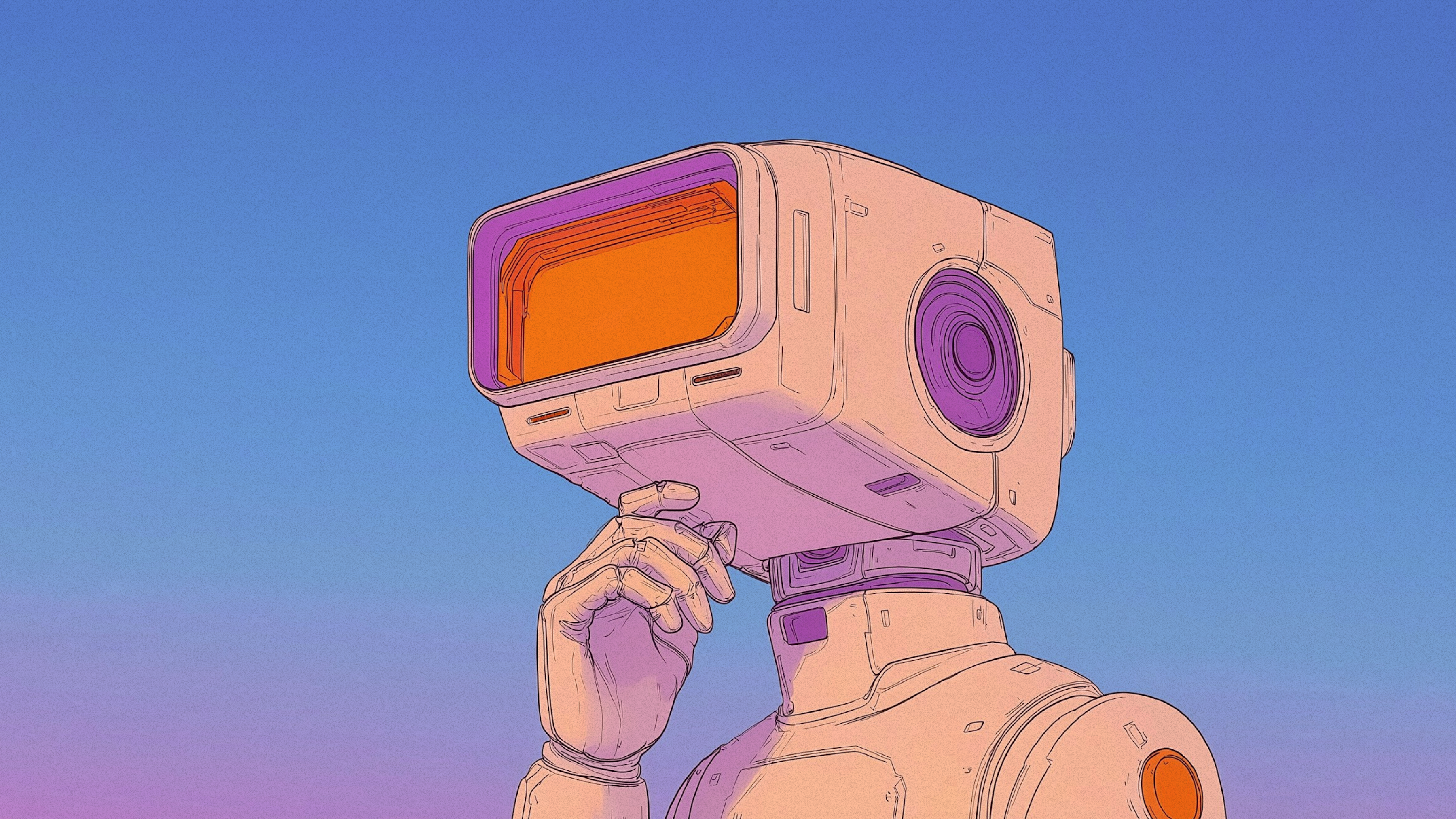Insight
AI in design: Experience is the real advantage

My early thoughts on the impact of artificial intelligence (AI) on design came from seeing the AI features roll out in Figma. It suddenly felt like everyone was either panicking about the future or claiming it was the answer to everything. Neither felt right to me. The way I see it, it's just another tool to help us work better. But like any tool, it needs someone who knows what they're doing to make it work properly.
Just another tool in the box
AI is a tool, not a shortcut to good design. The real value isn't in the tool itself, but in knowing when and how to use it. That comes from experience - from seeing patterns, making mistakes, and learning what actually works.
Think about it: every design challenge you've faced, every client curveball you've handled, every project that's gone sideways, these aren't just war stories, they're what help you spot patterns and understand what solutions actually work. AI can generate options, but it can't tell you which one solves the real problem. That comes from putting in the hours, making the mistakes, and learning how to find creative solutions to real-world problems.
When you've dealt with enough projects, you develop an instinct for what works. You know why certain approaches fail and others succeed. This is what makes AI actually valuable - not as a replacement for thinking, but as a way to get to solutions faster once you know what you're looking for.
Transforming the daily workflow
During a recent project, while rebuilding components we'd made countless times before, I realised something had to give. Clients want faster results and more time spent solving their actual problems, and quite simply too much of my time was being sucked into repetitive tasks.
Now my day looks different, and AI is a big part of that. In workshops, I'm properly present. No more splitting attention between listening and taking notes - AI transcription handles that. When we need to prototype quickly, tools like v0.dev (an AI-powered tool that generates React components from natural language descriptions) help us get working components in front of clients faster.
The risk
Here's what concerns me. When you can generate decent-looking components in seconds, it's tempting to skip learning the fundamentals. But AI is essentially recycling what already exists - it's not teaching you why certain design decisions work.
Without understanding these core principles, you risk creating solutions that look good superficially but miss your client's deeper needs. This often leads to multiple redesigns and extended timelines. While AI is a powerful tool, it can't replace the insights that come from understanding design fundamentals and real-world problem solving.
Why experience matters
Experience gives you an edge with AI. You're not using it to figure out what to do, you're using it to speed up processes you've already mastered. When you have experience you know:
- Which shortcuts actually work
- How to adapt AI outputs for real user needs
- When to use AI and when to do things manually
The best bit? I can spend more time on the parts of design that matter - solving complex problems and crafting user experiences that just make sense.
Looking ahead: The future of design
The fundamentals of good design will continue to remain constant. That is:
- Understanding user needs
- Solid design principles
- Problem-solving
- Creative thinking and innovation
The future of design isn't about AI replacing designers. It's about designers who understand AI working alongside those who don't. Your experience and understanding of core design principles will always be your greatest asset - AI just helps you apply that knowledge more efficiently.
If you have the experience, don't dismiss AI as something just for new designers. Your knowledge makes you better equipped to use it properly. And if you're new? Learn the fundamentals first. Get the experience.
Understanding user needs through real research, making data-driven decisions, solving client problems, and developing strong communication skills will always be essential - these are what make a great designer.
The tools will always change, but good design principles endure. AI is just another tool. A powerful one, but still just a tool.